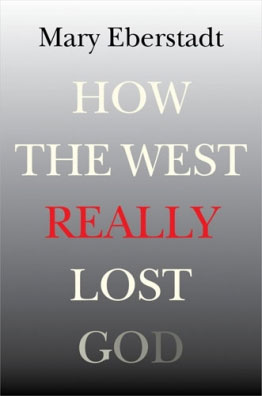Podcast: Play in new window | Download (Duration: 31:09 — 21.5MB) | Embed
Subscribe: Apple Podcasts | Spotify | Amazon Music | Android | Pandora | iHeartRadio | JioSaavn | Podchaser | Gaana | Podcast Index | Email | TuneIn | Deezer | Anghami | RSS | More
St. Gregory of Narek – The Doctors of the Church: The Charism of Wisdom with Dr. Matthew Bunson
- Born: 951 Rshtunik, Vaspurakan, Bagratid Armenia
- Died: 1003 Narekavank, Vaspurakan, Armenia
- Feast Day: 13 October (Holy Translators day); 27 February (Roman Catholic Church)
Dr. Matthew Bunson and Kris McGregor discuss the significance of St. Gregory of Narek being declared the 36th Doctor of the Church by Pope Francis in 2015. St. Gregory’s profound contributions to Christian spirituality, particularly his “Book of Lamentations,” is a collection of 95 poetic prayers that deeply resonate with themes of humility, suffering, and the longing for union with God. A mystic, theologian, and poet of the Armenian Church, is recognized for his ability to express the depths of human brokenness and the hope found in divine mercy. His writings are compared to those of St. Augustine and St. John of the Cross, emphasizing their ability to guide the faithful toward a personal encounter with God through lament and prayer.
St. Gregory’s life, shaped by early suffering and monastic formation, deeply influenced his spiritual insight. His work remains central to Armenian Christianity, with prayers from the “Book of Lamentations” integrated into the Armenian liturgy. The podcast considers how Gregory’s appointment as a Doctor of the Church invites the broader Catholic Church to engage more deeply with Eastern Christian traditions and spirituality.
Discerning Hearts Reflection Questions
- How does the Church’s recognition of St. Gregory of Narek as a Doctor deepen our understanding of the spiritual treasures within Eastern Christianity?
- In what ways can Gregory’s “Book of Lamentations” teach us to transform our suffering into a path toward deeper union with God?
- How does Gregory’s emphasis on humility challenge our approach to prayer and our relationship with God?
- What does Gregory’s mystical theology reveal about the call to holiness and the pursuit of intimate communion with God for all believers?
- How can the integration of Gregory’s prayers into the Armenian liturgy inspire a deeper appreciation for the role of sacred tradition in personal prayer?
- How does Gregory’s work invite Latin Rite Catholics to explore the richness of Eastern Christian theology and worship?
- What can the faithfulness of the Armenian Church, especially through suffering, teach us about perseverance in our own spiritual journey?
- How can engaging with the writings of lesser-known Doctors, like Gregory, expand our understanding of Catholic spirituality and deepen our faith?
From the Vatican Insider:
Pope Francis has approved the decision of the Congregation for Saints. The Armenian saint was born in 950 AD in present-day Turkey
ANDREA TORNIELLI: VATICAN CITY
”An Armenian saint has been declared a Doctor of the Church. In last Saturday’s audience with the cardinal Prefect of the Congregation for the Causes of Saints, Pope Francis approved the proposal put forward by the Plenary Session of the Congregation, agreeing for the title of Doctor of the Universal Church to be conferred upon Gregory of Narek.
St. Gregory, a priest and monk, was born circa 950 AD in Andzevatsik (formerly Armenia, present-day Turkey) to a family of writers. He died circa 1005 in Narek (formerly Armenia, present-day Turkey). His father, Khosrov, was an archbishop. Having lost his mother at a young age, Gregory was brought up by his cousin, Anania of Narek, founder of the local school and village. The saint lived most of his life in the monasteries of Narek (in what was once called Great Armenia), where he taught at the monastic school. He is considered one of Armenian literature’s greatest poets.
The cult of St. Gregory of Narek will be marked on 27 February in the Roman Martyrology. He will be defined as “monk, doctor of the Armenians, distinguished for his writings and mystic science”.
The papal decision comes just weeks before Francis is due to commemorate the centenary of the Armenian massacre on 12 April in St. Peter’s Basilica. The Medz Yeghern as the Armenian massacre is called, took place in 1915.”
For more from Dr. Matthew Bunson check out his Discerning Hearts page
Dr. Matthew E. Bunson is a Register senior editor and a senior contributor to EWTN News. For the past 20 years, he has been active in the area of Catholic social communications and education, including writing, editing, and teaching on a variety of topics related to Church history, the papacy, the saints, and Catholic culture. He is faculty chair at Catholic Distance University, a senior fellow of the St. Paul Center for Biblical Theology, and the author or co-author of over 50 books including The Encyclopedia of Catholic History, The Pope Encyclopedia, We Have a Pope! Benedict XVI, The Saints Encyclopedia and best-selling biographies of St. Damien of Molokai and St. Kateri Tekakwitha.

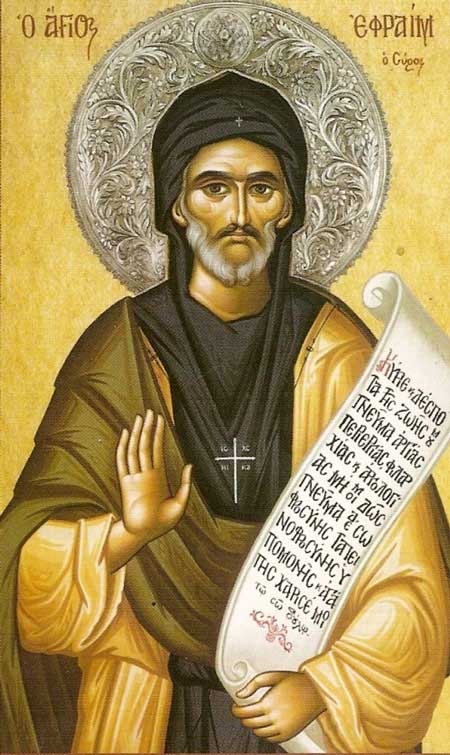
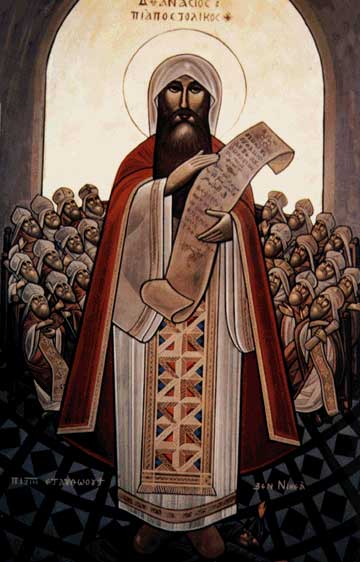
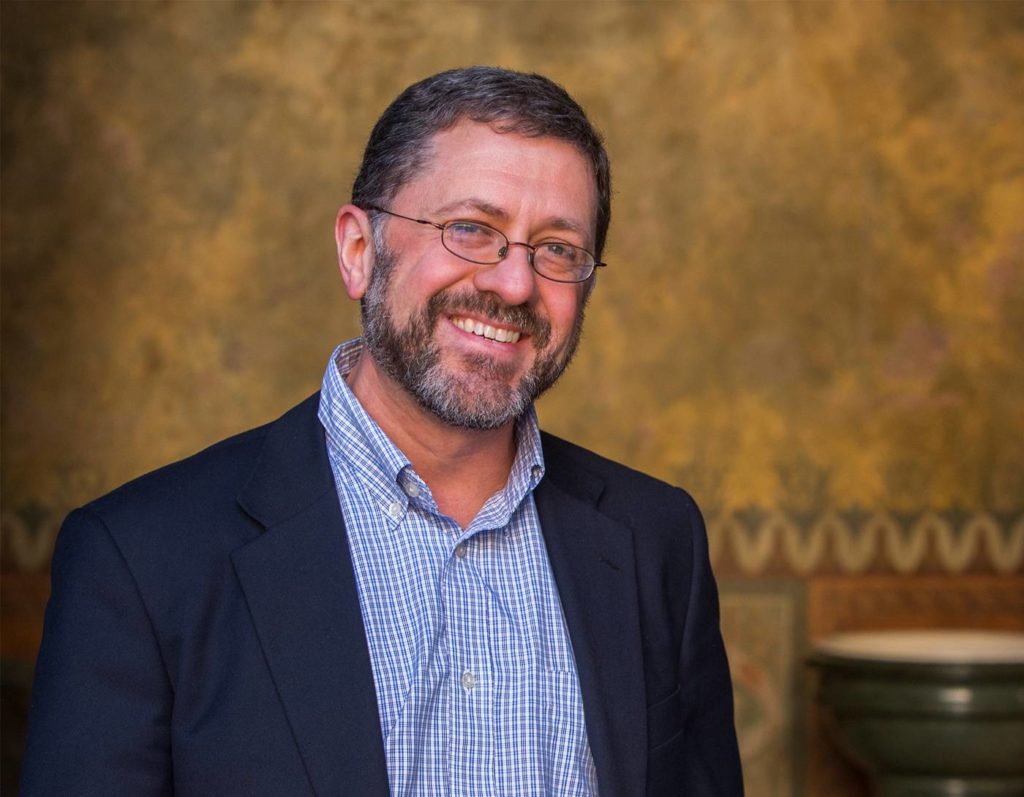 Episode 2 – Caiaphas – “Villains of the Early Church: And How They Made Us Better Christians“
Episode 2 – Caiaphas – “Villains of the Early Church: And How They Made Us Better Christians“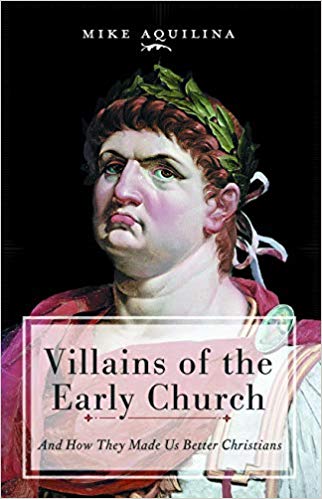
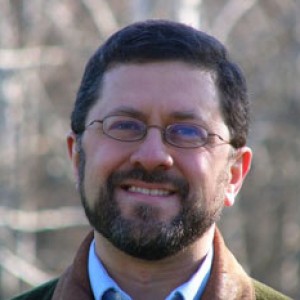 Another phenomenal book from the prolific Mike Aquilina! Filled with historical perspective and faith-filled insight, “How the Choir Converted the Word: Through Hymns, With Hymns, and In Hymns” isn’t just for the church choir! Our conversation covers the spectrum and encourages all of us to remember we are called not a perfect song to the Lord, but a joyful song! And isn’t that what our faith fills our hearts with? As always, Mike’s enthusiasm for the subject is contagious and encourages us to spread the “Good News” with a hymn in our heart! Highly recommended.
Another phenomenal book from the prolific Mike Aquilina! Filled with historical perspective and faith-filled insight, “How the Choir Converted the Word: Through Hymns, With Hymns, and In Hymns” isn’t just for the church choir! Our conversation covers the spectrum and encourages all of us to remember we are called not a perfect song to the Lord, but a joyful song! And isn’t that what our faith fills our hearts with? As always, Mike’s enthusiasm for the subject is contagious and encourages us to spread the “Good News” with a hymn in our heart! Highly recommended.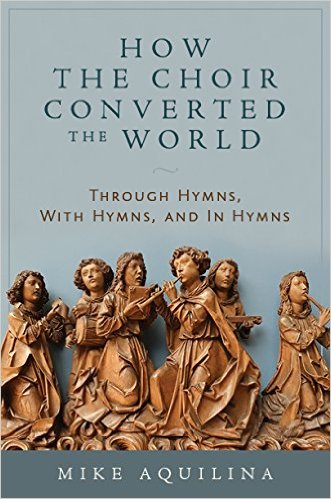 You can find the book
You can find the book 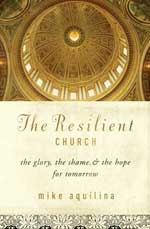
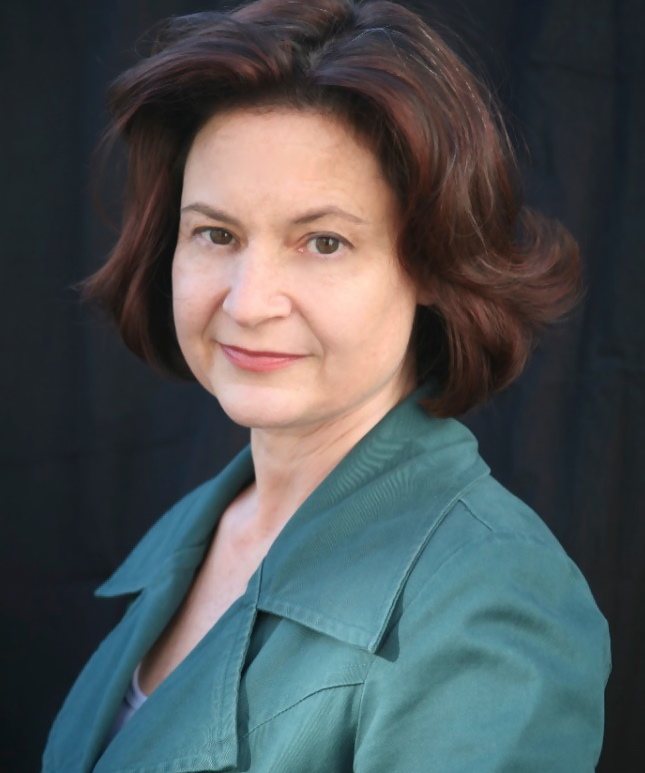 Mary Eberstadt delivers a compelling theory about the decline of the Christian religion in the Western world. By the analysis of data on the family, from pre-Revolutionary France to contemporary culture in the West, she demonstrates how the natural family is the prime nurturing force for Christianity in society. When that family structure dissolves, so does the Christian religion in a culture and the rise of secularization is fostered. While presenting the problem, she also offers hope for the future. Another fascinating and provocative read by Mary Eberstadt!
Mary Eberstadt delivers a compelling theory about the decline of the Christian religion in the Western world. By the analysis of data on the family, from pre-Revolutionary France to contemporary culture in the West, she demonstrates how the natural family is the prime nurturing force for Christianity in society. When that family structure dissolves, so does the Christian religion in a culture and the rise of secularization is fostered. While presenting the problem, she also offers hope for the future. Another fascinating and provocative read by Mary Eberstadt!